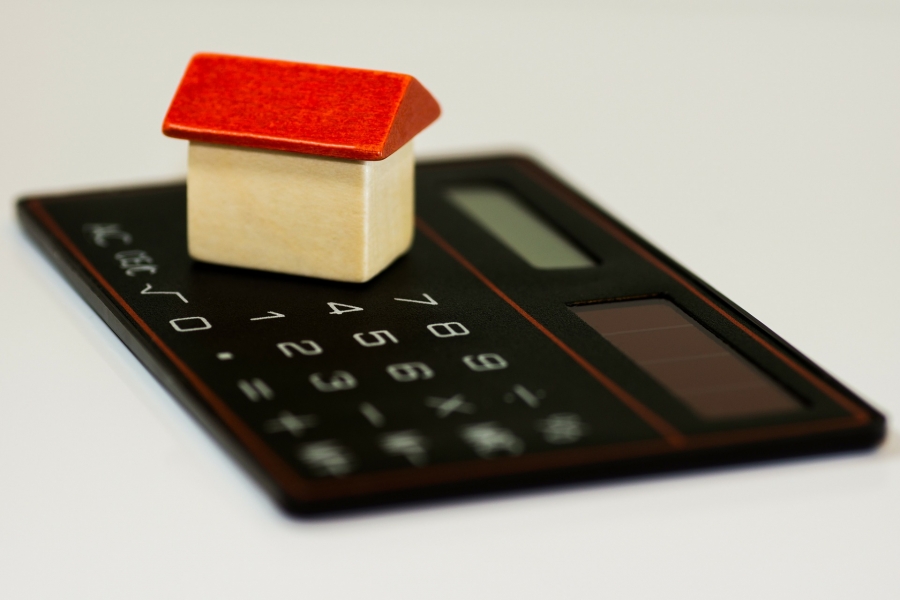A well-planned home improvement project can yield tremendous benefits. In addition to improving your home’s style and overall functionality to meet current living needs, it can bolster value and make it more appealing to buyers in the future when you list it on the market. Depending on the scope of your project, you may spend thousands or even tens of thousands of dollars completing your project. With a limited amount of funds available, you must stretch your budget as much as possible while also avoiding the risk of going over budget.
Do Some Work Yourself
One of the best ways to contain costs with a home improvement project is to do at least some of the work yourself. Some homeowners have incredible do-it-yourself skills and may be able to produce high-quality results when laying tile, installing hardwood floor and completing other tasks. Even if you lack these and other skills, you may still save money by doing the demolition work yourself. Avoid trying to do work that you are not comfortable with as this may produce shoddy results that ultimately impact the end result of your efforts.
Compare Contractor Quotes
Regardless of whether you plan to do most of the home improvement work yourself or you need to hire contractors to do the majority of the work, you need to factor contractor labor costs into your budget. Comparing quotes from qualified contractors will help you to identify the best value available and will ensure that you budget appropriately for this aspect of your project. Remember that your contractors should be insured and may need a license in some cases, such as may be the case for electricians, plumbers and others.
Shop around for Supplies
Building materials and supplies are another major component of your home improvement budget. The cost of materials and building supplies varies based on which supplier you use. In addition, the type and quality of materials impacts cost. Take time to compare the quality of different types of materials before shopping around for the best price on the building supplies that you want to use in your project.
Managing your budget for a home improvement project begins with the development of a reasonable and well-researched budget upfront. You should monitor your spending throughout the entire project to ensure that you do not overspend. Remember to line up financing before beginning the work and to include a contingency fund in your budget to cover miscellaneous extra expenses.







